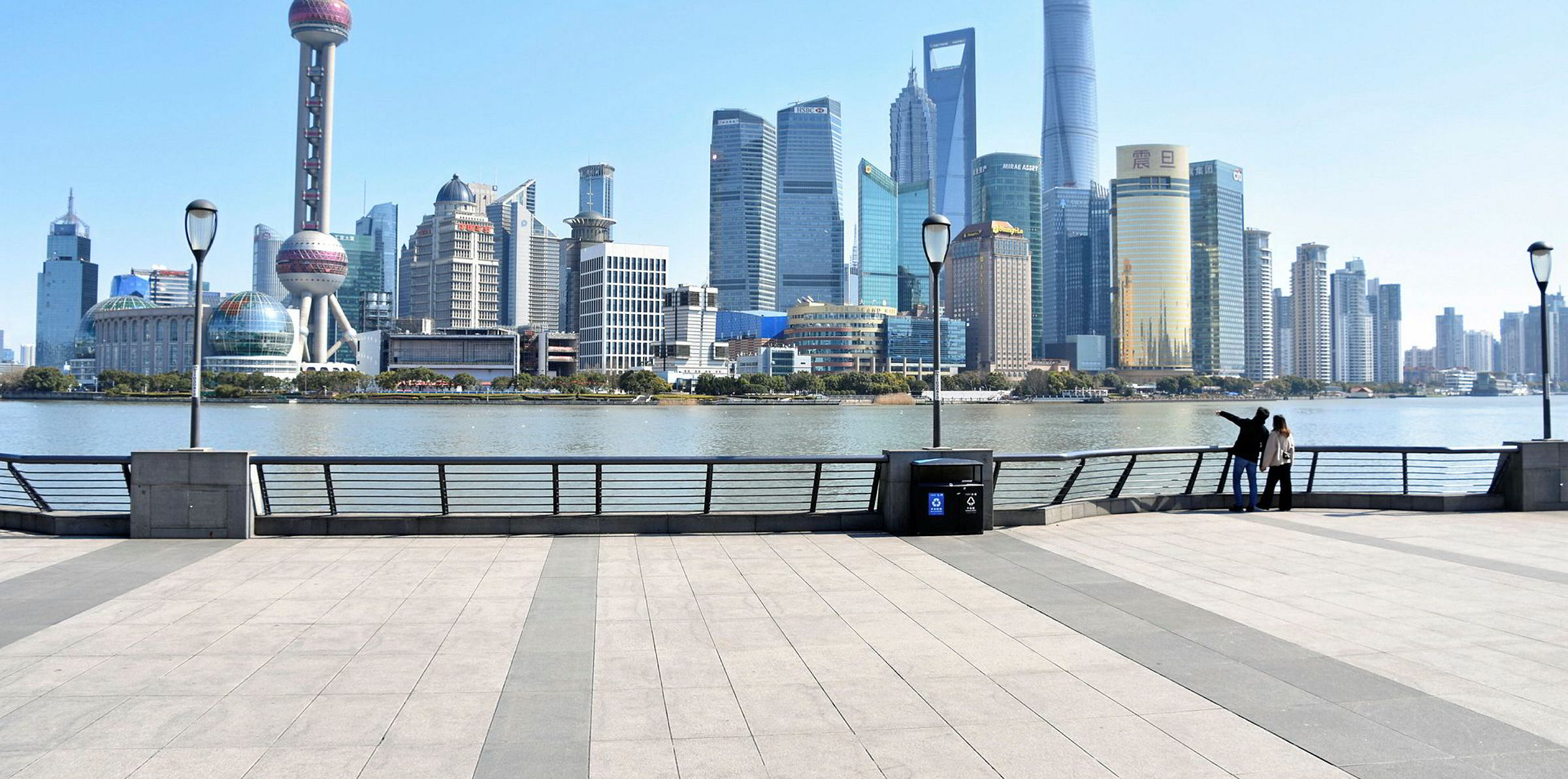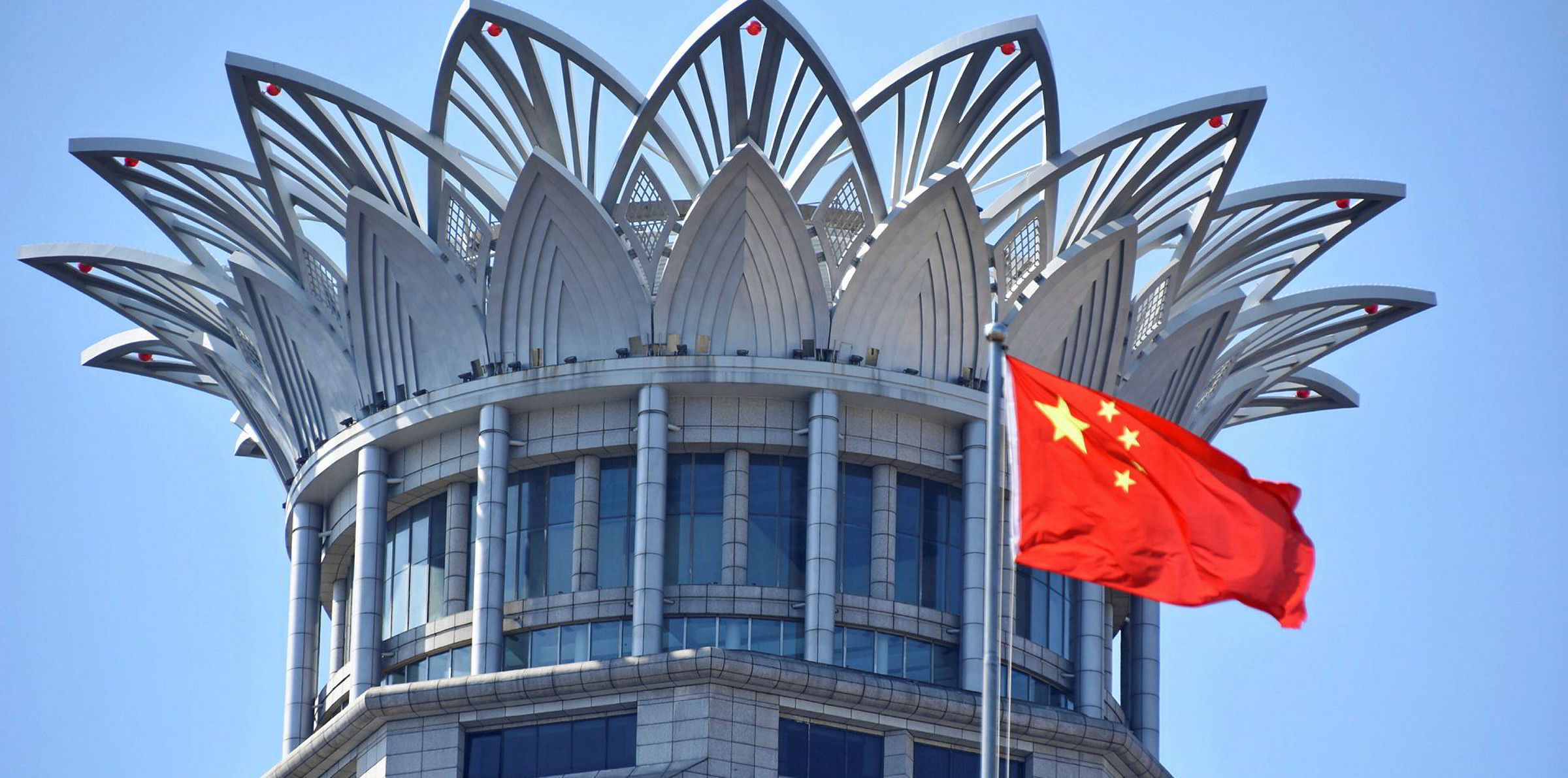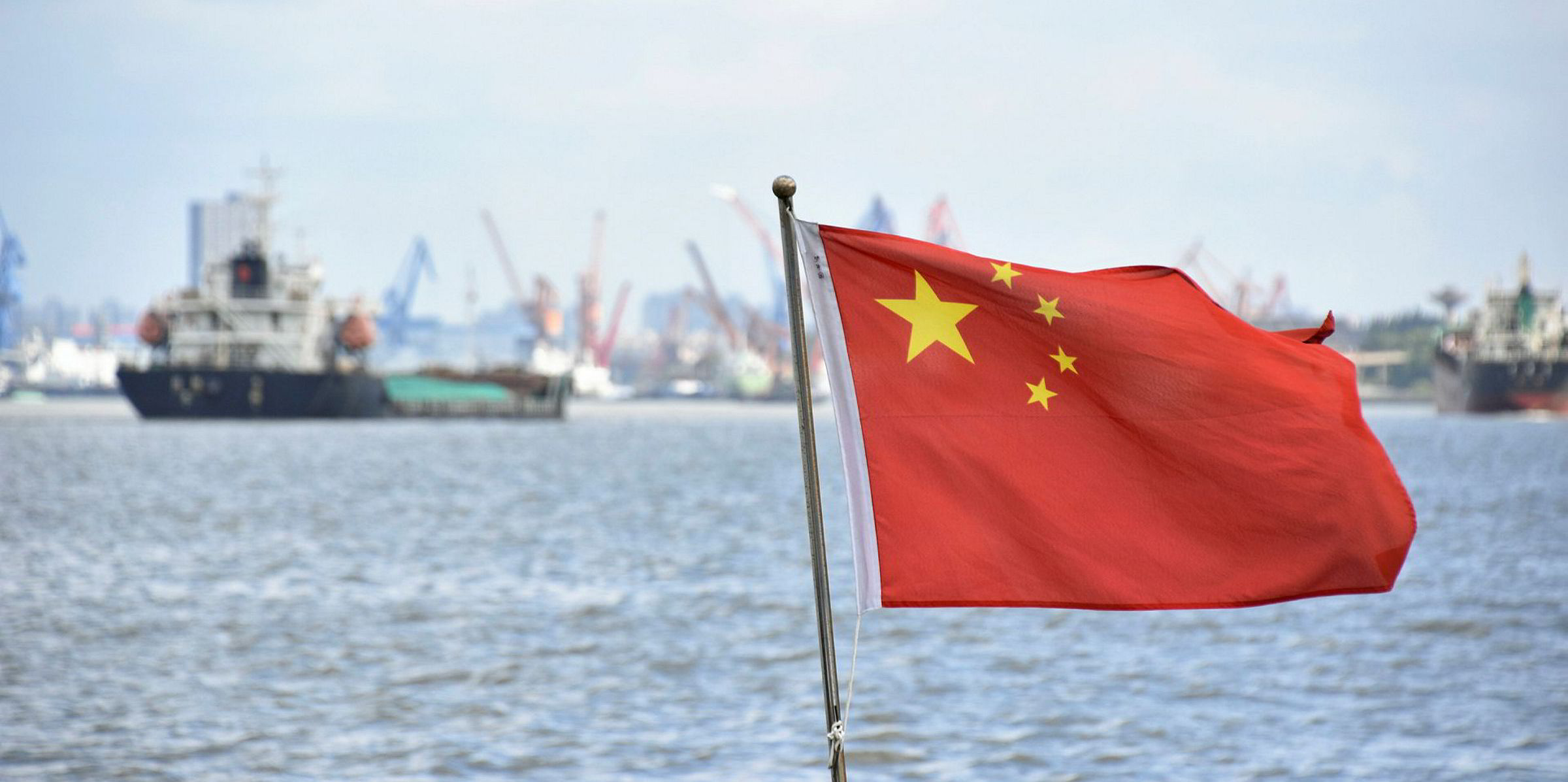China's coronavirus epidemic may or may not have passed its turning point, but the nation's policy on Covid-19 has certainly done so. Central Communist Party leadership in Beijing has recognised that it has to back down from crisis mode, get the country moving again, and learn to manage the disease long term.
Even allowing for doubt about the public health statistics, which Beijing is citing to justify the move, it could not have been put off much longer: economic slowdowns also have negative public health effects, and extreme quarantine measures quickly lose their value once the epidemiological cat is out of the bag.
Beijing has earned criticism for a lack of transparency and for punishing doctors and officials who warned of the disease at an early stage. But it must be allowed that the Party-state's unique ability to control the movements and contacts of an entire population has slowed the epidemic's spread.
Still in place is the confinement of some 50 million people in Wuhan and the surrounding central province of Hubei, along with less stringent measures elsewhere.
But now, after more than a month of state-ordered emergency quarantines, shutdowns, and lockdowns, China is on orders from the top to restart its economy.
And the economy is eager enough to be restarted.
Conflicting goals
But decision makers are worried now that they could be made scapegoats if they fail at either of two conflicting goals: keeping their workers effectively insulated from contagion, and getting them back together producing economic growth.
That worry may explain why some company officials have become strangely cautious about how they describe the situation at their workplaces in the past week or so.
"I can say our staff is all at work now, but I cannot comment on how many of us are working from home and how many are in the office," said an executive at one major state owned enterprise (SEO), who had previously commented freely on how his company is coping.
All top bosses are conscious of what happened to the top boss of Hubei, who was unable to control the situation
For whatever reason, the executive did not want his office on record — maybe fearing that, in hindsight, the company might seem to have been either too quick or too slow to get staff back together.
At another SOE, one manager said that while he has to be seen to be following the current government-ordered policy of "social distancing", he also has quarterly targets to meet.
He complained that the two goals are an awkward fit at best, leading to visitors being prohibited from entering office buildings, or staff sitting at separate desks on the same floor having to conduct video meetings on social media because conference rooms are off limits.
Beyond the mere inconveniences, others point to the scapegoating of mid-level politicos and expect officials of SOEs to face the same. This is affecting operations throughout China Inc today.
"I feel pressure from senior management at my company, and I think they also feel pressure from their bosses," said the head of shipping at another SOE, who spoke on condition of anonymity for himself and his company.
Losing control
"All top bosses are conscious of what happened to the top boss of Hubei, who was unable to control the situation," said the executive, referring to Jiang Chaoliang, dismissed as Party secretary in the disease-stricken province last month and replaced with a close political ally of Chinese President Xi Jinping.
"The same thing could definitely happen to the top bosses of companies. Every top boss knows he will face problems if any of his employees get sick, or if someone dies, but now that the government is calling for recovery, he also knows he will face problems if there is poor business performance.
"So he has to balance the number of people who are allowed to come back to the office with the amount of business that might slip away."
Many expect Beijing to head off recession through a huge economic stimulus package once the virus passes — a technique that succeeded after the SARS epidemic of 2003.
But China's radical experiment in public health may already have put the year's goals for GDP growth beyond the reach of macroeconomic remedies — especially if a global epidemic undermines demand in China's trading partners as well.
And if recession is the result, Beijing is going to need managers that it can point fingers at inside China Inc.






